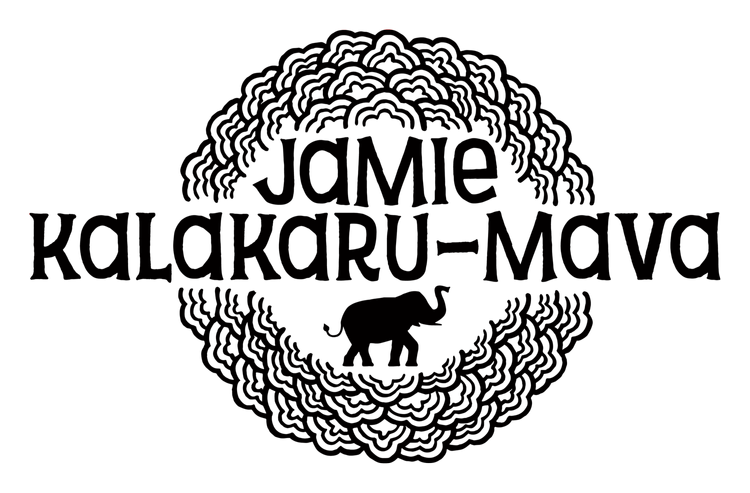I plopped down on the couch, an uncomfortable eight months pregnant. Summer’s son Ethan was about five months old at the time, and he played happily while we chatted. “How are you feeling?”Summer asked. We talked about the tall alien baby that was growing inside me and other aspects of pregnancy and early motherhood. As people trickled in, our conversation shifted to the upcoming exhibition and strategic planning sessions slotted for later in the year.
My first daughter, Madeline, was born a few months later. For the first year of her life she came with me to quite a few meetings, napping peacefully on a blanket, in her bouncy chair, or on my chest. She joined me for board, outreach, and exhibitions meetings, day-job meetings, and more—a welcome addition in all but a few cases.
At first I was a little self-conscious about it, even though I always checked with the other board members or meeting participants on if I could bring her. Babies at board meetings are not the norm, after all. But newborns sleep quite a bit, and she was rarely if ever disruptive—and when she was, I exited promptly. At this point I had changed positions to a new role with the West Bank Business Association. Being able to bring Maddie with me to work often, or work from home, allowed me to jump back in to both Altered Esthetics activity and my day job at the West Bank pretty quickly. Arguably quicker than I should have jumped back in, but this was largely out of necessity.
As my colleagues and our friends and I began to have children and deal with the struggle of being working parents, our world view began to open up a little bit more, and we relied more and more on our support network. As this changed for us, our environment at Altered Esthetics responded accordingly. It also taught me a little bit more about equity and accessibility. We always considered ourselves a welcoming space—but there was more we could do, especially as a volunteer-driven organization. For one, if we want to have equitable workplace practices, childcare and family balance needs to be a part of the equation.
Having the little ones around was helpful and joyful, particularly for the shy and nerdy among our crowd. Over time it would help inform my notions of accessibility and equitable practices.
This post is adapted from It’s Never Going To Work: A Tale of Art and Nonprofits in the Minneapolis Community. The book includes illustrations by Athena Currier. ©2019 Jamie Schumacher.
It’s Never Going To Work is a light-hearted, illustrated book that offers real-life insights on founding a community space and nonprofit. It provides tools, tips, resources, and camaraderie to community organizers and anybody attempting something new.


